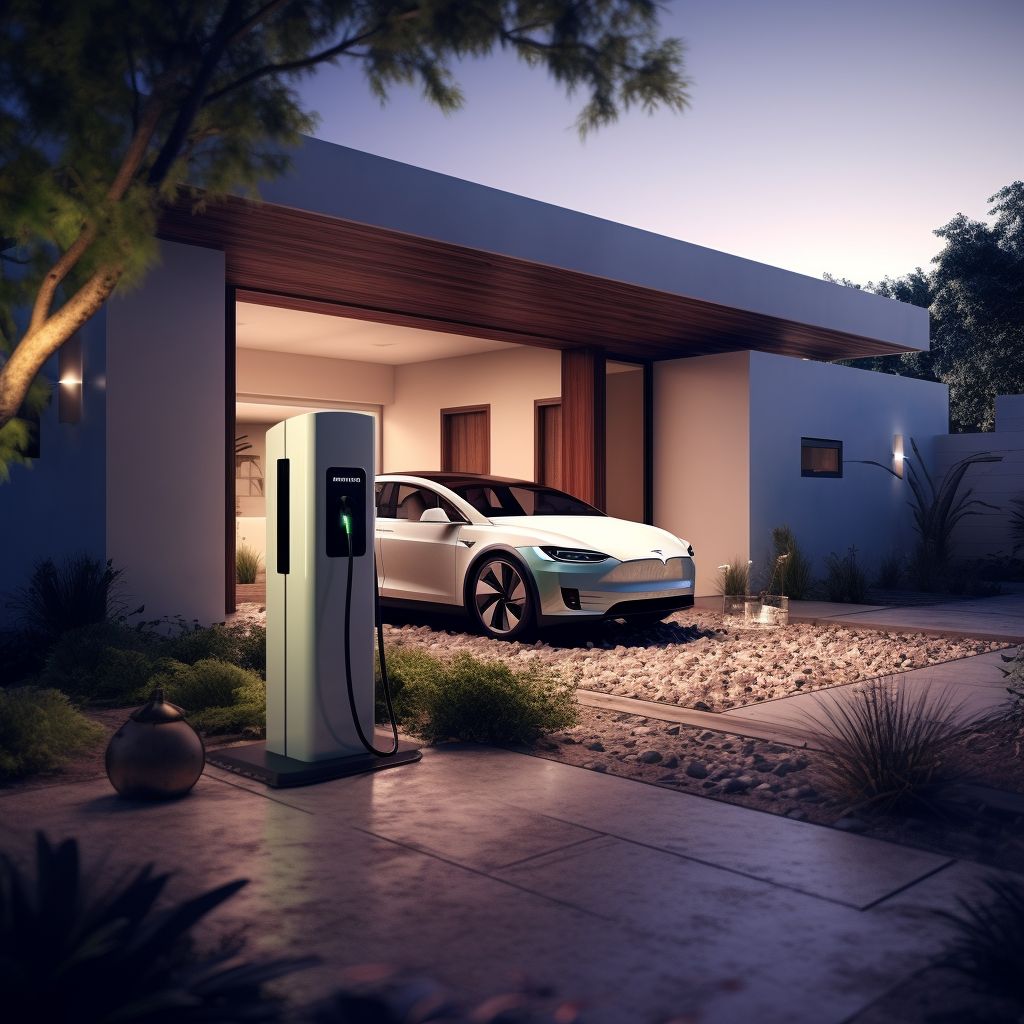Purchasing a home electric vehicle charger requires careful consideration, as it impacts the convenience of your daily life and the overall experience of using an electric vehicle. Here are some strategies for buying a home EV charger to help you make an informed decision:
Charging Needs Analysis: Begin by assessing your charging needs. Determine your electric vehicle’s battery capacity, daily driving distance, and charging times to select the appropriate charger type and power level.
Charger Types: Home EV chargers are generally categorized as Level 1 (slow charging) and Level 2 (fast charging). Level 1 chargers are suited for overnight charging and are typically installed in home garages or parking spaces. Level 2 chargers offer quicker charging times, often requiring a higher power supply, and are suitable for commercial use or long-distance travel.
Power Selection: The charger’s power rating determines the charging speed. Higher-power chargers can charge faster, but they might require a larger power supply. Select the appropriate power level based on your charging needs and home electrical capacity.
Brand and Quality: Opt for well-known brands, as they often come with better quality assurance and after-sales service. Research user reviews, professional evaluations, and reputation to understand different brands’ performance.
Smart Features: Some home chargers come with smart features such as remote control, scheduled charging, energy management, and more. These features enhance convenience and efficiency in charging.
Installation and Compatibility: Ensure the charger is compatible with your home’s electrical system. Some chargers may require additional electrical work, while others can be directly plugged in using an adapter. Also, consider the charger’s appearance and dimensions to ensure easy installation in your parking space or garage.
Price and Value: Price is an important factor in the purchasing decision. Consider not only the initial cost of the charger but also its performance, quality, and features to ensure the best value for your investment.
Compatibility: Verify that the selected charger is compatible with your electric vehicle model. Some chargers might require specific adapters or connectors to work with certain vehicle models.
After-Sales Service: Consider the after-sales service and support offered after purchasing the charger. Manufacturers with good reputations and comprehensive after-sales support are worth considering.
Regulations and Requirements: Familiarize yourself with regulations and requirements regarding the installation and use of home chargers in your area. Some regions might require specific permits or application processes.
In conclusion, purchasing a home electric vehicle charger involves considering multiple factors to ensure you choose a charging solution that suits your needs and home conditions. Conduct thorough research and seek advice before making a decision to ensure a well-informed choice.
7KW/3.6KW 6-16A/10-32A Current Adjustable Type1 SAE J1772 Portable EV Charger With LCD Display
Post time: Aug-21-2023










